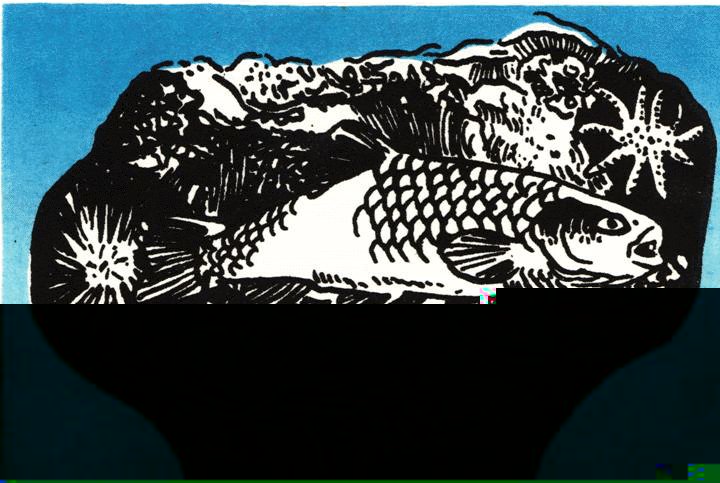Symposium 2005: Fish Habitat Ecology and Conservation, University of Wales, Bangor, 18th to 22nd July
In an era of increasing pressure on natural aquatic resources, understanding the ecology and importance of fish habitats is critical for effective conservation. Freshwater fisheries ecologists have been more conscious of the key role of habitat in management and conservation of fish populations but are still faced with many fundamental ecological challenges in terms of scale issues, and the ever increasing threat of introduced species. Managers of marine fisheries have been concerned primarily with stock assessment and forecasting and it is only in recent decades that the issue of habitat modification has become an integral issue in management approaches. This conference will address underlying themes that have application in all aquatic systems and will critically evaluate the next steps needed to advance this field of fish ecology.
THEMES
Jack Jones Memorial Lecture
Jake Rice
Understanding fish habitat ecology to achieve conservation
Habitat quality
Keynote speaker: Jim Grant
This section will deal with the issue of the habitat quality, its definition and its impacts on the ecology of fish including survivorship, physiological effects, the trade-off between food provision and predation risk, definition of micro-habitat quality and macro and micro-scale habitat use, requirements for mating, egg laying and larval development
Habitats, life histories and adaptation
Keynote speakers: Francis Juanes
Fish as a group exhibit extraordinary adaptations to a wide range of habitats, from deep sea to transient pools, from the poles to the equator. A wide range of habitats may also be required within species as they undergo ontogenetic change. This section will address mechanisms and patterns of adaptation both from between- and within-species perspectives. It will include consideration of how species survive in extreme habitats, the bio-energetics of habitat occupancy, how ontogenetic niche shifts are accomplished and plasticity of morphological and physiological adaptation.
Habitat restoration and development of artificial habitats
Keynote speakers: Bob Naiman
Fish conservation, restoration and enhancement requires a consideration of the importance of large scale processes in planning local management actions. This section will include scientifically informed case studies evaluating scope for restorative actions. It will also consider how new habitats in marine and freshwater systems may provide refuge and feeding areas for sustaining and enhancing exploited fish populations and in the context of conserving fish communities.
Linking Fish habitat to fisheries management
Keynote speaker: Keith Nislow
This section will deal with management and modelling approaches that incorporate a consideration of the importance of fish habitat and would include a consideration of Essential Fish Habitat, IFD, Isoleg theory, spatial modelling, the interactions between habitats and population dynamics, the integration of migration and home range into habitat considerations and the quantification of fish habitat.
The 2005 Buckland Lecture
John Armstrong
Atlantic salmon habitat and conservation

Convenors
Michel Kaiser
John Armstrong
